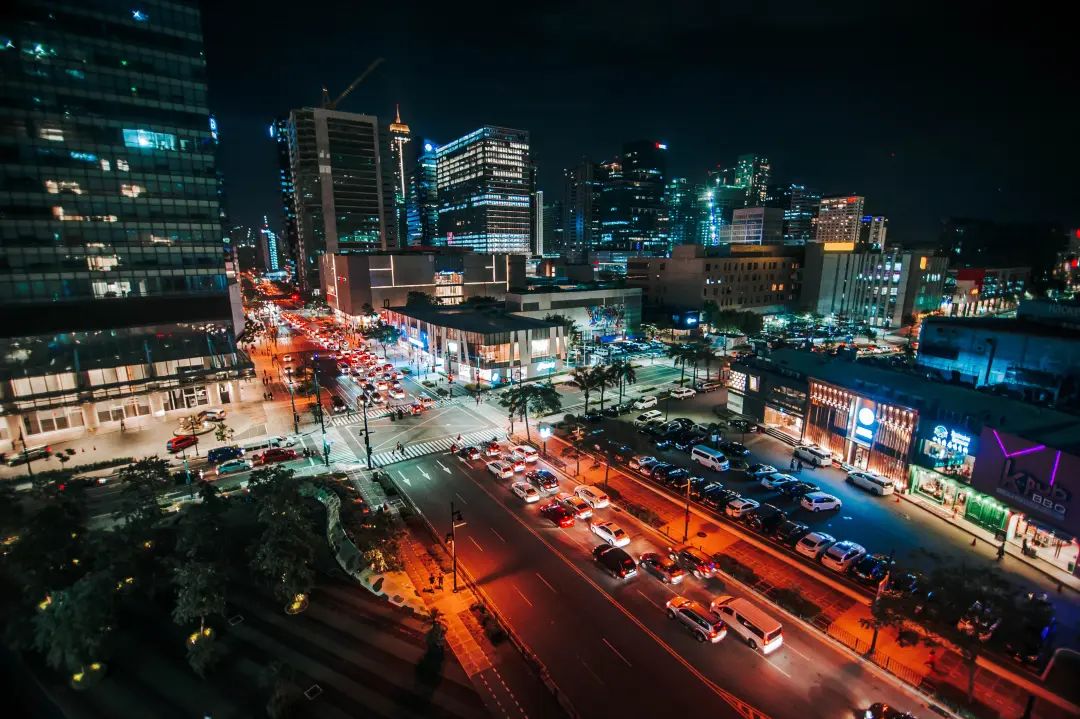From kidnapping cases a few years ago to the current anti-Chinese policies, especially the strict scrutiny of visas for Chinese tourists, one cannot help but wonder: Is the Philippines really safe?
Firstly, PASA believes that safety issues in the Philippines can be divided into two levels: personal safety and identity safety.
Personal safety concerns whether you will be robbed, involved in kidnappings, or shootings, while identity safety involves your legal status in the Philippines and its associated legal responsibilities.
Regarding personal safety, many might ask, do people living in the Philippines really need to worry about kidnappings? In fact, ordinary tourists are rarely kidnapped; it is usually those engaging in illegal activities under the guise of tourism who are kidnapped.
For example, tourists involved in illegal gambling or fraud may face higher risks. Or those who come to do business and are deceived, believing in the false notion that "Chinese do not cheat other Chinese abroad," which is the biggest lie.
Certain groups near casinos are also more likely to be targeted for kidnapping, often related to local criminal circles.
Although social media often reports violent crimes, these incidents are usually related to specific personal vendettas, and the risk to the general public is relatively low. "The circle you mix in determines the risks you should be aware of."
Ordinary people in the Philippines who abide by the law and work legitimately are usually not easily threatened. As long as you do not involve yourself in local criminal activities, living here is relatively safe, aside from some local crimes. "Of course, safety also depends on the crime rate in the Philippines; some areas are notoriously dangerous, and if you choose to go there, you must be prepared to become a victim. Always be vigilant when going out, as others are not obligated to ensure your personal safety."
As for identity safety, the situation is much more complicated. Your legal status in the Philippines depends on your visa type and whether your business is legal.
If your identity issues are discovered, you not only face legal responsibilities but may also encounter more complex consequences. For instance, recently, some foreigners have been raided by local law enforcement due to visa issues while conducting business, even facing the risk of deportation.
Even if not inspected, your attitude towards local employees also plays a significant role. If your employees are dissatisfied with you, they might use the law to report you, and if you cannot provide evidence to refute, you might face a thorough investigation. "You know whether what you are doing in the Philippines is legal or not. If you are investigated, it is because you have violated the law, not because the Philippines is biased against you."
So, whether the Philippines is safe or not does not only depend on the local crime rate but also on the people around you and your circle.











